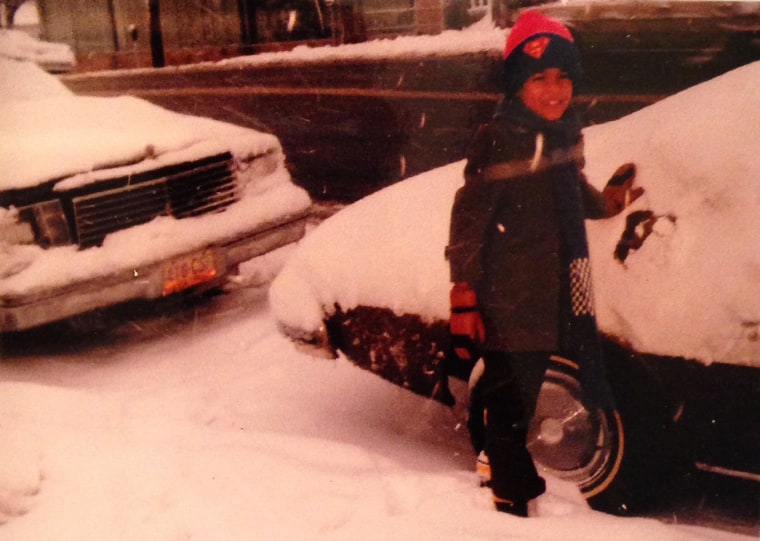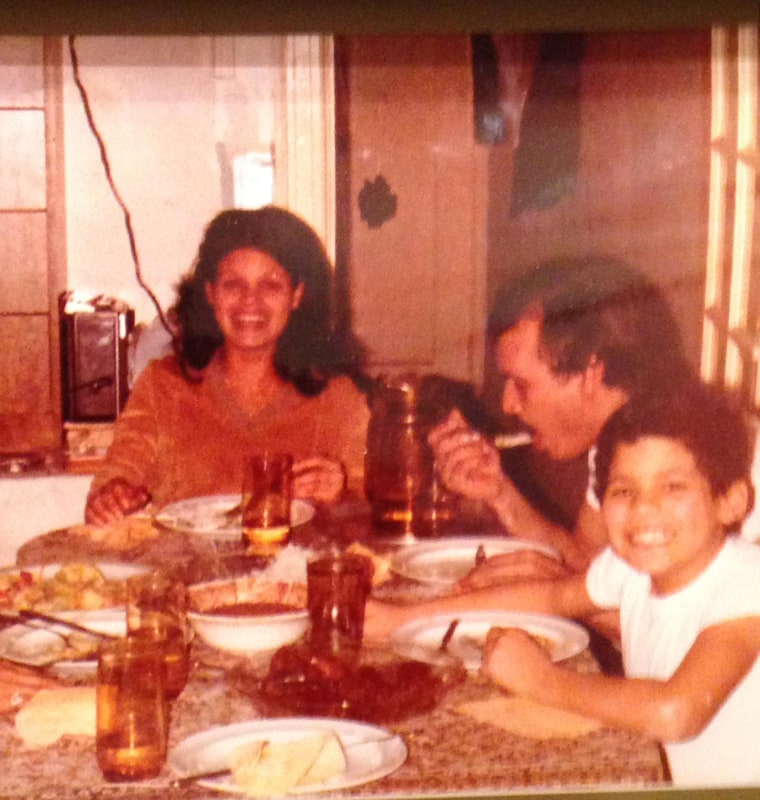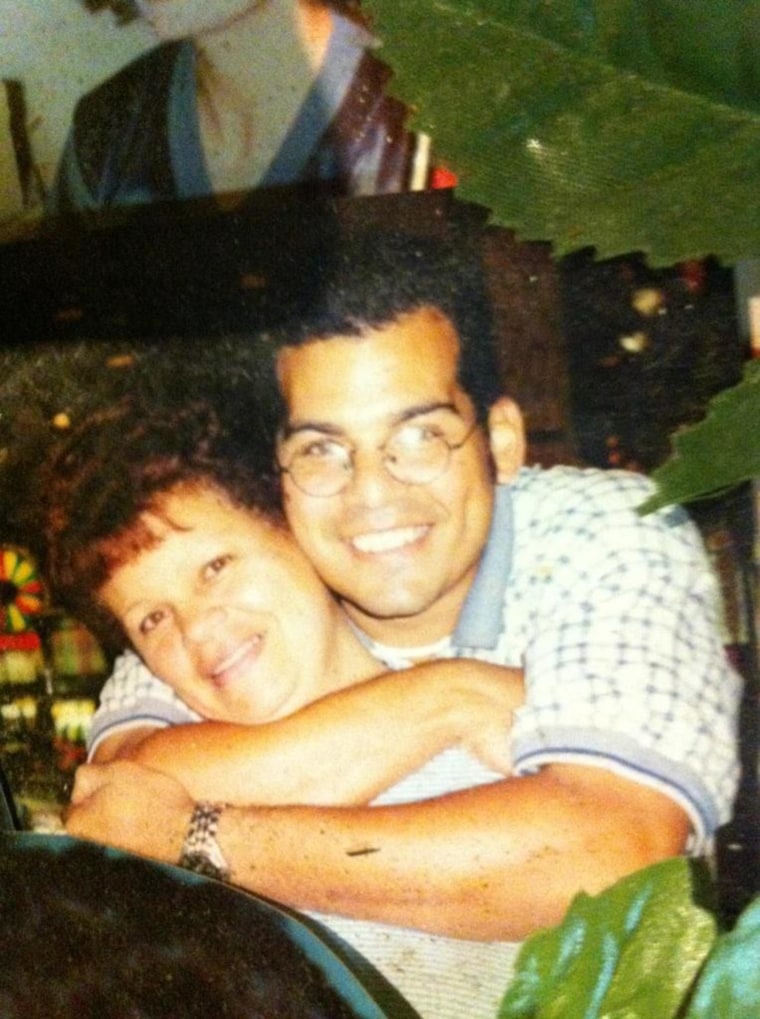NEW YORK, NY -- March 1, 1981 is one of the most important dates in my life. It’s not my birthday, nor that of either of my children. It’s not a graduation date nor is it a national holiday.
Sunday, March 1, 1981 is the day when my life changed forever and it’s the day I became a resident of the United States of America.
I remember landing at John F. Kennedy Airport in New York City on a cold afternoon. There was snow on the ground and I had never seen snow. As a tropical child, I feared the white and unfamiliar nieve. Hours earlier I had boarded a Dominicana Airlines flight in Santo Domingo and I can guarantee there was no nieve on the ground in that capital city. In fact, the average temperature for March in the DR is 80 degrees. There were snowcones -- frío frío – but certainly none of that incomprehensible cold, white stuff Americanos had to deal with.
To this day, I remember the mixed emotions of leaving the only place I knew. On one hand, I was leaving behind a loving grandmother and grandfather whom I fiercely adored. I was leaving uncles, aunts and cousins. I was leaving friends with whom I played cops and robbers and who shared my love for those plastic green soldiers. Who wants to lose that network at the age of seven?
But I knew what, and who, awaited me on the other side of customs at JFK. I hadn’t seen my father in almost a year and my mother in three. I yearned for them and missed them and I wanted to desperately be with them. I knew a different language was spoken in The Nueva York and it didn’t matter. I knew the weather was different and it didn’t matter. I knew by regaining my parents, I was leaving others I loved, but it didn’t matter.
I was handed a gray peacoat, gloves and a Superman snow hat. I was given hugs by my parents. I was home.

March 1, 1981 was the scariest and happiest day of my young life. But I spoke no English and there were four months left in the school year.
My family had rented an apartment above a store in a Long Island, New York town. The public schools in this town are among the best one could imagine, but imagine the terror I felt at not speaking the language. I knew nobody at school and I couldn’t communicate, except with my fists. If I felt I was being teased, I acted out and felt no better after each ordeal. I know I was scared, but I know the other kids were more scared to say anything to me.
My school did not offer bilingual classes, but I remember attending English as a Second Language classes a few hours a week during the school day. In hindsight, I know this experience helped me acquire the language more quickly, though perhaps at the expense of my first language. By the time my first summer in the U.S. rolled around, I was already much more confident with my English.

Looking back, it’s simply amazing how quickly English came to me. Instead of wanting to fight my classmates, I learned to have a conversation with them. At home, my mother also wanted to learn English, so when she spoke to me in Spanish, I replied in English. I thought this was helping her, but I know now it was also helping me. Without those bilingual conversations, my Spanish would have degraded and disappeared.
Preserving my Spanish would serve me well; I’ve worked for both Univision and Telemundo. I can read, albeit slower, in Spanish. I can speak, although sometimes it involves translating, in my first language. I can understand the language almost without limits.
But I dream in English.
I don’t remember when the switch flipped. What I know is that at some point my dreams, and the conversations contained within them, were no longer in Spanish. I marvel at how the brain works when it comes to language, and I believe dreaming in English was a turning point. It was now English first. I had no idea how it happened, yet I felt more American, more patriotic. And I still felt proudly Dominican. The change in dominant language never lessened my appeal for the land in which I was born.

There are over 53 million Latinos in the U.S. and we come from more than 20 countries. We’re proud of where we came from and from where our parents and ancestors came from. For those of us who are children of immigrants, we are the realization of the goals and aspirations of our parents and it’s a responsibility we accept with pride.
I’ve met Latinos who speak no English and others who speak no Spanish. But both groups are equally proud of their heritage, regardless of the language in which they dream.
Chris Peña is Senior Executive Producer at MSNBC and launched NBCLatino.com as its Executive Editor.
